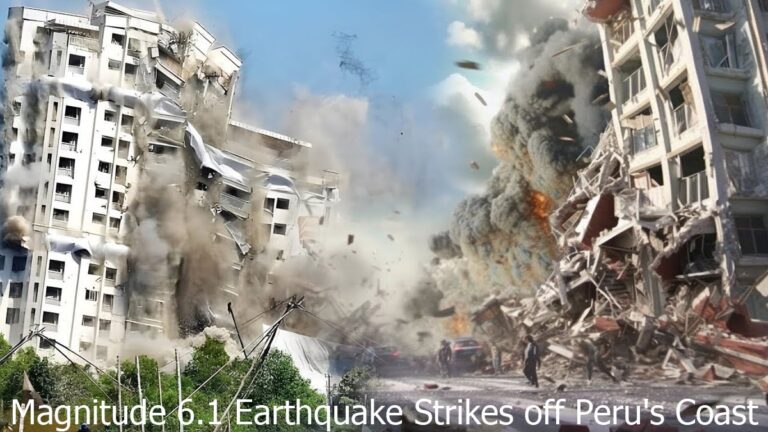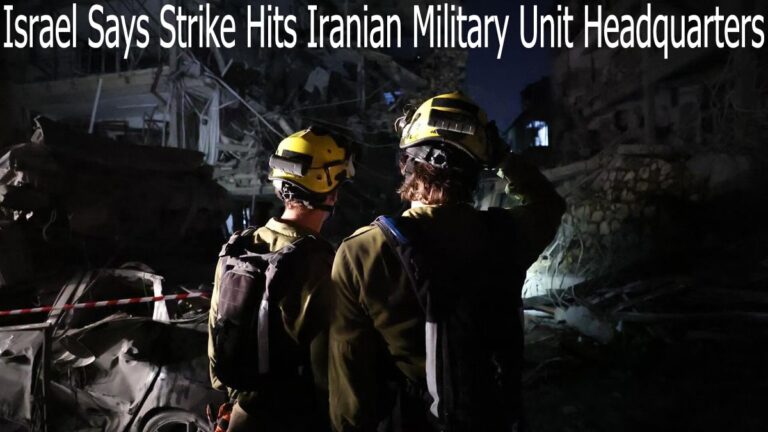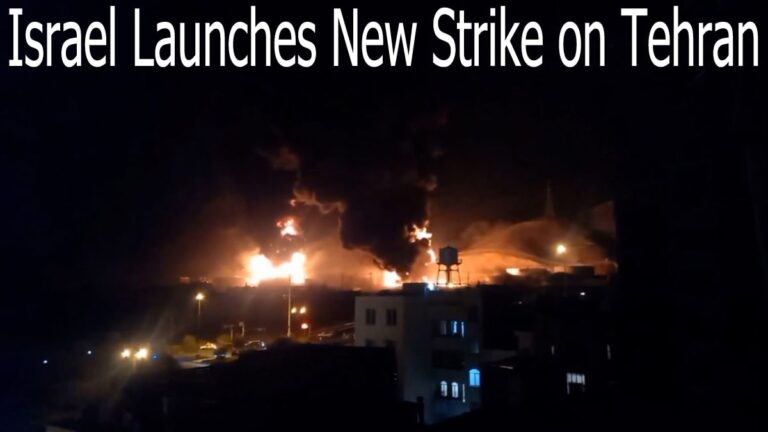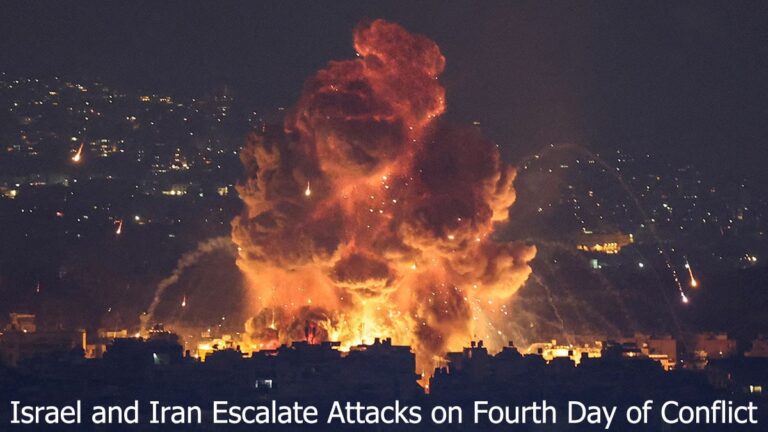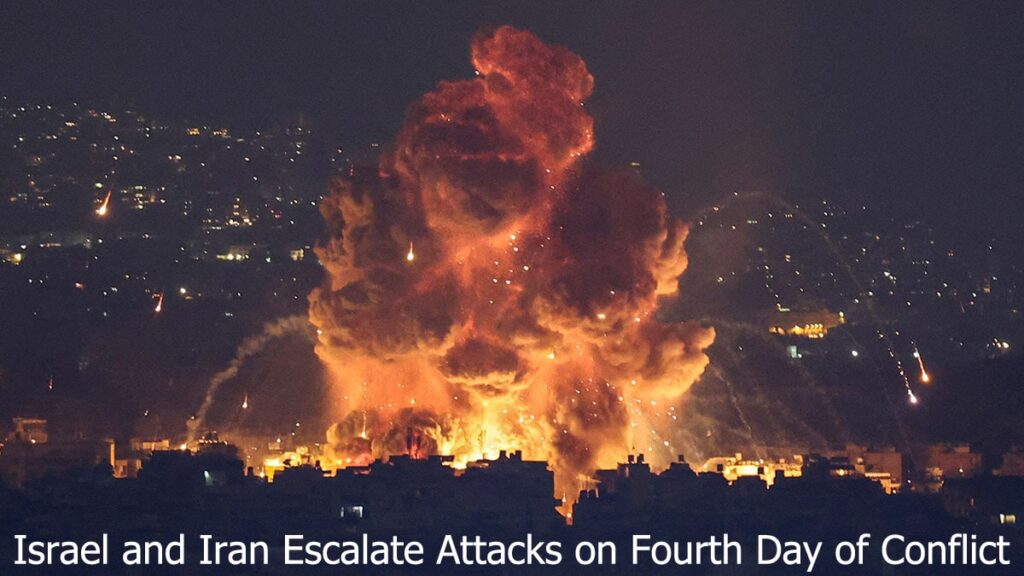
Israel and Iran Escalate Attacks on Fourth Day of Conflict
As the open conflict between Israel and Iran enters its fourth day, tensions in the Middle East continue to rise with both sides intensifying their military offensives. Since Israel’s initial strike last Friday, Iran has responded with a barrage of counterattacks, raising international concerns over the growing escalation.
Timeline of the Conflict
On June 13, 2025, Israel launched a large-scale airstrike targeting Iran’s nuclear facilities in Natanz, Fordow, and Isfahan, as well as several key military installations. The Israeli government declared the attack as a preemptive measure to prevent Iran from developing nuclear weapons, which it sees as a direct threat to its national security.
The strike resulted in the deaths of several senior Iranian military officials and nuclear scientists, drawing strong condemnation from Tehran. Ayatollah Ali Khamenei, the supreme leader of Iran, called Israel’s acts “war crimes” and promised harsh punishment.
Iran’s Retaliation and Continued Fighting
In response, Iran launched ballistic missiles and drone strikes targeting major Israeli cities, including Tel Aviv and Jerusalem, on June 14, 2025. Air raid sirens echoed across the country, forcing thousands of civilians to seek shelter.
Iranian Foreign Minister Abbas Araqchi stated that Iran’s response was an act of self-defense and not an attempt to start a full-scale war. He continued, “If Israel’s aggression stops, our attacks will also cease.”
However, hostilities have persisted. By June 15, 2025, Iran reported 224 fatalities, most of whom were civilians. In Israel, at least 13 people were killed due to Iran’s missile and drone strikes. The conflict has even spread into Syria, where a misfired Iranian drone killed a civilian, raising concerns of regional spillover.
Israel Claims Air Superiority
On June 16, 2025, the Israeli military claimed it had destroyed approximately 120 Iranian surface-to-surface missile launchers, allegedly accounting for one-third of Iran’s missile arsenal. The Israeli Defense Forces stated they had achieved air superiority over Iranian airspace.
At least eight more Israelis were killed Monday morning when Iran launched another round of missile strikes. So far, there are no signs of a ceasefire from either side.
International Reactions
As the risk of a wider conflict looms, numerous countries and international organizations have voiced concerns and called for an immediate halt to hostilities:
- The United States expressed strong support for Israel but urged both sides to exercise restraint and seek a peaceful resolution.
- Russia called Israel’s strikes a breach of international law and denounced them.
President Vladimir Putin personally contacted leaders of both countries to promote diplomatic dialogue. - China, through its UN representative, denounced Israel’s violation of Iranian sovereignty and called for an immediate end to military actions.
- Malaysia and Indonesia also condemned Israel’s aggression and urged the UN Security Council to take concrete steps to prevent further escalation.
The Risk of Regional Expansion
International observers warn that this direct confrontation between Israel and Iran could evolve into a broader regional war. Until now, tensions between the two countries were largely confined to proxy conflicts in Syria, Lebanon, and Yemen. However, direct involvement increases the risk of neighboring countries being drawn into the conflict, particularly in the Gulf region.
Conclusion
As the conflict enters its fourth day, there is still no indication of a resolution. The death toll continues to rise while the international community awaits effective diplomatic intervention. Without de-escalation, the world may witness a larger security crisis in the Middle East, with potential impacts on global stability, including economic and energy markets.
